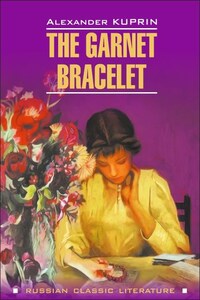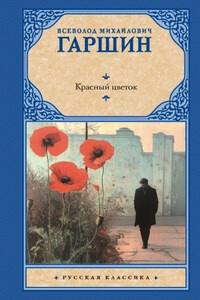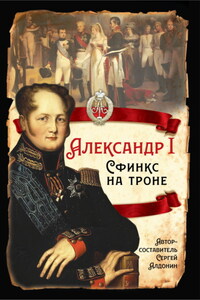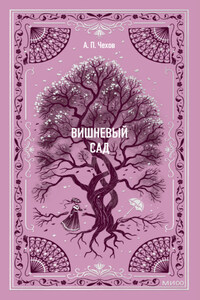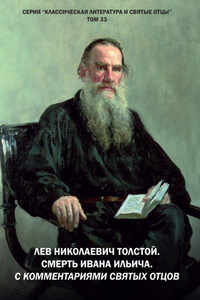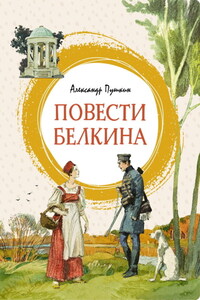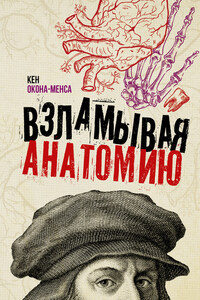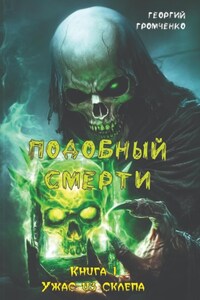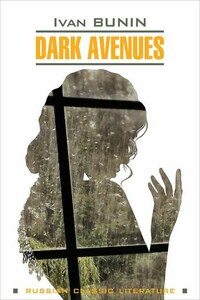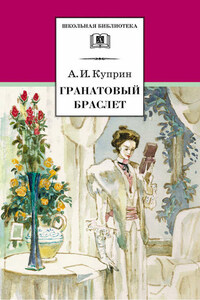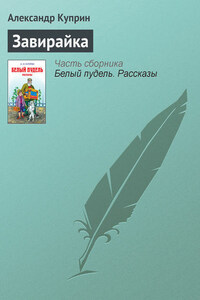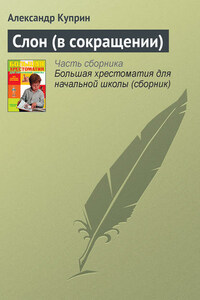A long blast from the mill siren announced a new working day. The deep, raucous sound seemed to come up from the bowels of the earth, spreading low above the ground. The murky dawn of a rainy August day tinged it with melancholy and foreboding.
The signal found Engineer Bobrov drinking tea.
During the last few days he had been suffering more than ever before from insomnia. Although he went to bed with a heavy head and started every moment with a jolt, he managed quite soon to drop off into a restless sleep; but he woke up long before dawn, shattered and irritable. This was doubtless due to mental and physical strain, and to his old habit of taking injections of morphia, a habit which he had recently begun to fight in earnest.
He now sat at the window, sipping his tea, which he found flat and tasteless. Raindrops zigzagged down the panes, and ruffled and rippled the puddles. Out of the window he could see a square pond framed by shaggy willows with bare, stumpy trunks and greyish-green leaves. Gusts of wind sent small waves racing over the surface of the pond, while the leaves of the willows took on a silvery hue. The faded grass, beaten down by the rain, drooped limply to the ground. The neighbouring village, the dark, jagged band of a forest stretching on the horizon, and the field patched with black and yellow showed grey and blurred as in a mist.
It was seven o’clock when Bobrov went out in a hooded oilskin raincoat. Like many nervous people, he felt miserable in the morning; there was a weakness in his body, his eyes ached dully as if someone were pressing them with force, and his mouth had a stale taste. But more painful than anything else was the conflict he had lately noticed in himself. His colleagues, who looked upon life from the most primitive, cheerful, and practical standpoint, would probably have laughed at what caused him so much secret agony; at any rate they would not have understood him. His abhorrence of work at the mill, a feeling that verged on horror, mounted with every passing day.
Considering his cast of mind, his habits and tastes, it would have been best for him to devote himself to armchair work, to professorial activities, or to farming. Engineering did not satisfy him, and he would have left college when he was in the third year but for his mother’s insistence.
His delicate, almost feminine nature suffered cruelly under the coarse impact of reality. In this respect he compared himself with one flayed alive. Sometimes trifles unnoticed by others caused him a deep and lasting vexation.
Bobrov was plain and unassuming in appearance. He was shortish and rather lean, but he breathed nervous, impulsive energy. The outstanding, feature of his face was his high white forehead. His dilated pupils, of different size, were so large that the grey eyes seemed black. His bushy, uneven eyebrows joined across the bridge of his nose, giving the eyes a fixedly stern, somewhat ascetic expression. His lips were thin and nervous but not cruel, and slightly unsymmetrical – the right corner of his mouth was a little higher than the left; his fair moustache and beard were small and scanty, for all the world like a young boy’s. The charm of his virtually plain face lay in his smile. When he smiled a gay and tender look would come into his eyes, and his whole face would become attractive.
After a half a mile’s walk he climbed a hillock. The vast panorama of the mill, covering an area of twenty square miles, sprawled below. It was a veritable town of red brick, bristling with tall, soot-blackened chimneys, reeking of sulphur and molten iron, deafened by a never-ending din. The formidable stacks of four blast-furnaces dominated the scene. Beside them rose eight hot-blast stoves for circulating heated air, eight huge iron towers topped with round domes. Scattered about the blast-furnaces were other structures: repair shops, a cast house, a washing department, a locomotive shed, a rail-rolling mill, open-hearth and puddling furnaces, and so on.
The mill area descended in three enormous natural terraces. Little locomotives scurried in all directions. Coming into view on the lowest level, they sped upwards whistling shrilly, disappeared in the tunnels for a few seconds, rushed out again wrapped in white steam, clanked over bridges, and finally raced along stone trestles as if flying through the air, to empty ore or coke slap into the stack of a blast-furnace.
Farther off, beyond those natural terraces, you were bewildered by the sight of the chaos reigning on the building site of the fifth and sixth blast-furnaces. It was as if a terrific upheaval had thrown up those innumerable piles of crushed stone and bricks of various sizes and colours, those pyramids of sand, mounds of flagstone, stacks of sheet iron and timber. Everything seemed to be heaped up without rhyme or reason, a freak of chance. Hundreds of carts and thousands of people were bustling there like ants on a wrecked ant-hill. White, acrid lime dust hung in the air like mist.
